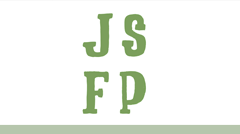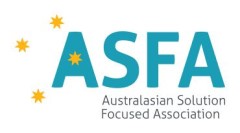Abstract
Taking talking therapy outdoors is becoming increasingly popular, especially gaining traction in response to COVID restrictions on what can be done face-to-face indoors, and with increasing awareness of benefits from being outdoors in nature (Ewert & Davidson, 2021). In this paper, we draw on ethics of sustainability from the outdoor activity sector to look for metaphors for therapeutic practice outdoors, especially solution-focused brief therapy. We start with what is currently regarded as good practice for the preservation and conservation of the environments and habitats we frequent. We then develop these tenets of ethics, such as Leave No Trace, as metaphors for deliberate solution-focused therapeutic work outdoors, especially with regard to honoring the voices of our clients. Metaphors are provided to demonstrate why, and how, outdoor therapy practitioners should aim to ‘leave no trace’ in the lives of those they serve, as they would leave no trace of their presence on the land they travel. We illustrate how our practice can draw on sustainability ethics to enable the decolonization of our solution-focused outdoor work (Mlcek, 2017), and consider how a privilege-aware approach to practice can be used to help ‘decolonize’ therapeutic practice. We suggest that solution-focused approaches to outdoor therapy require additional work in counseling theory and ethics to supplement outdoor leadership qualifications.
Recommended Citation
Natynczuk, Stephan and Dobud, Will W.
(2021)
"Leave No Trace, Willful Unknowing, and Implications from the Ethics of Sustainability for Solution-Focused Practice Outdoors,"
Journal of Solution Focused Practices: Vol. 5:
Iss.
2, Article 7.
Available at:
https://oasis.library.unlv.edu/journalsfp/vol5/iss2/7




